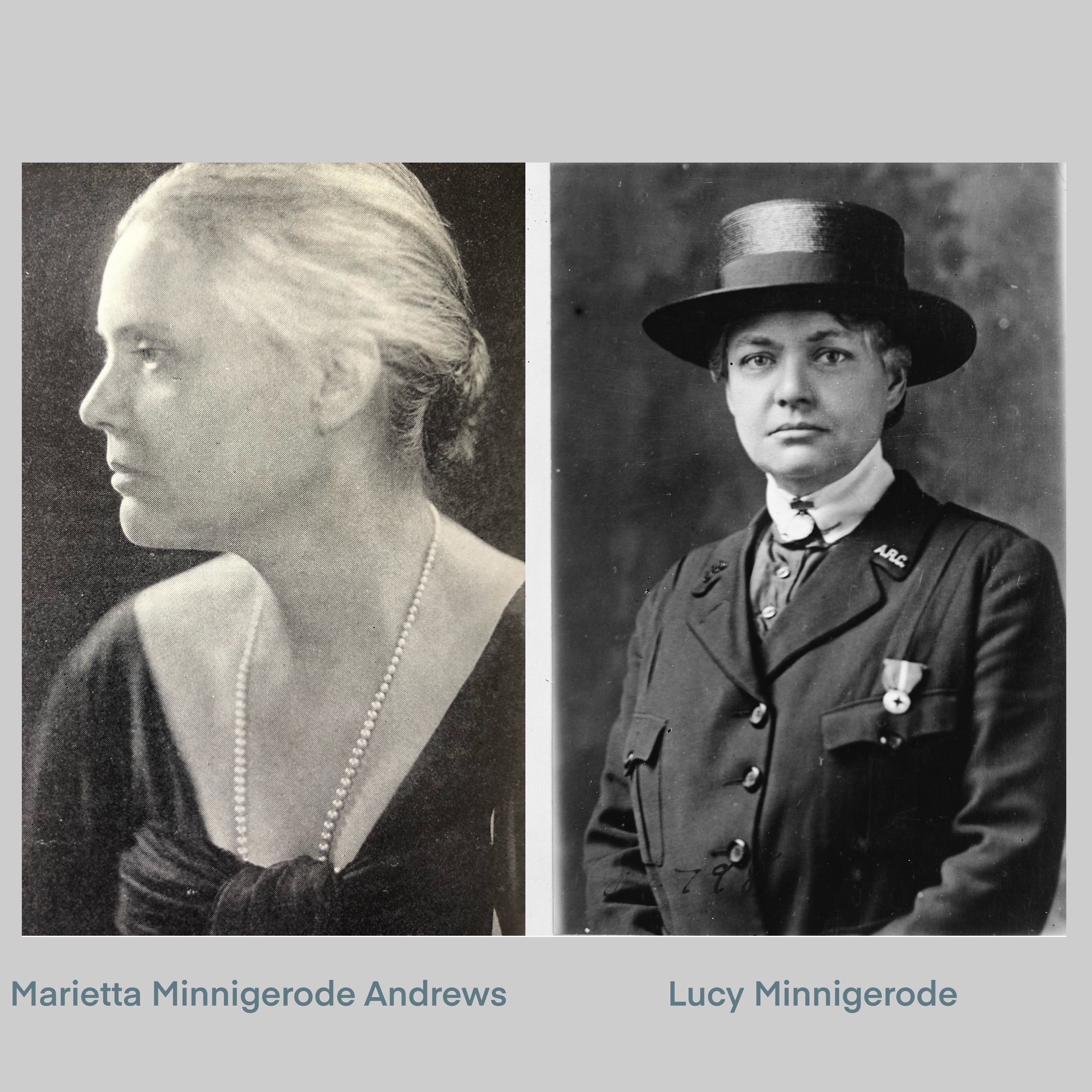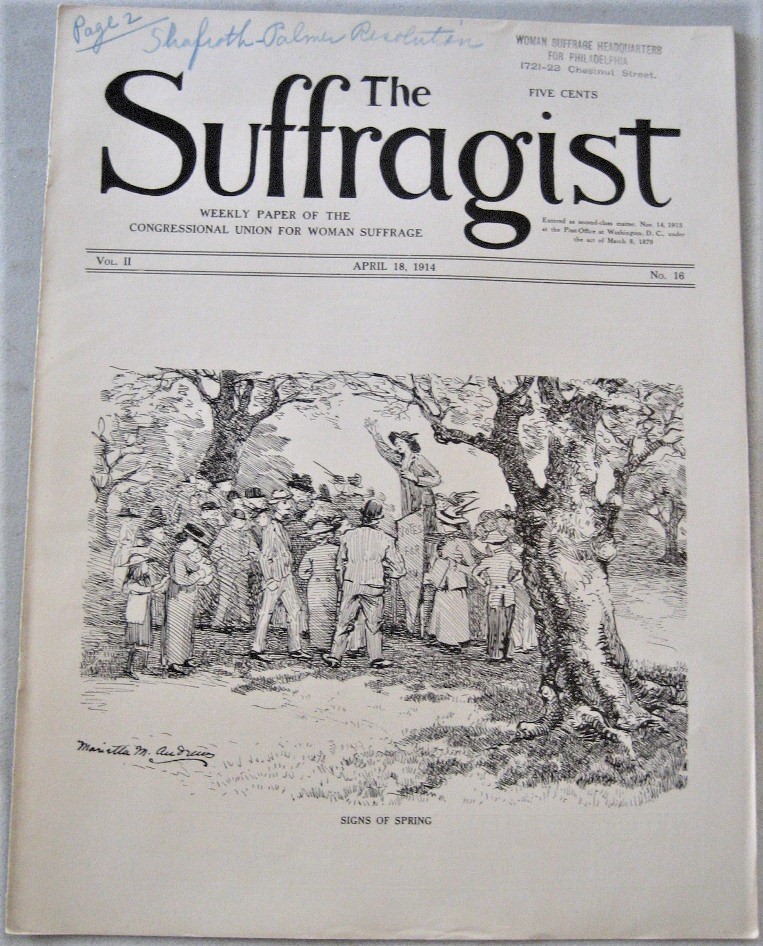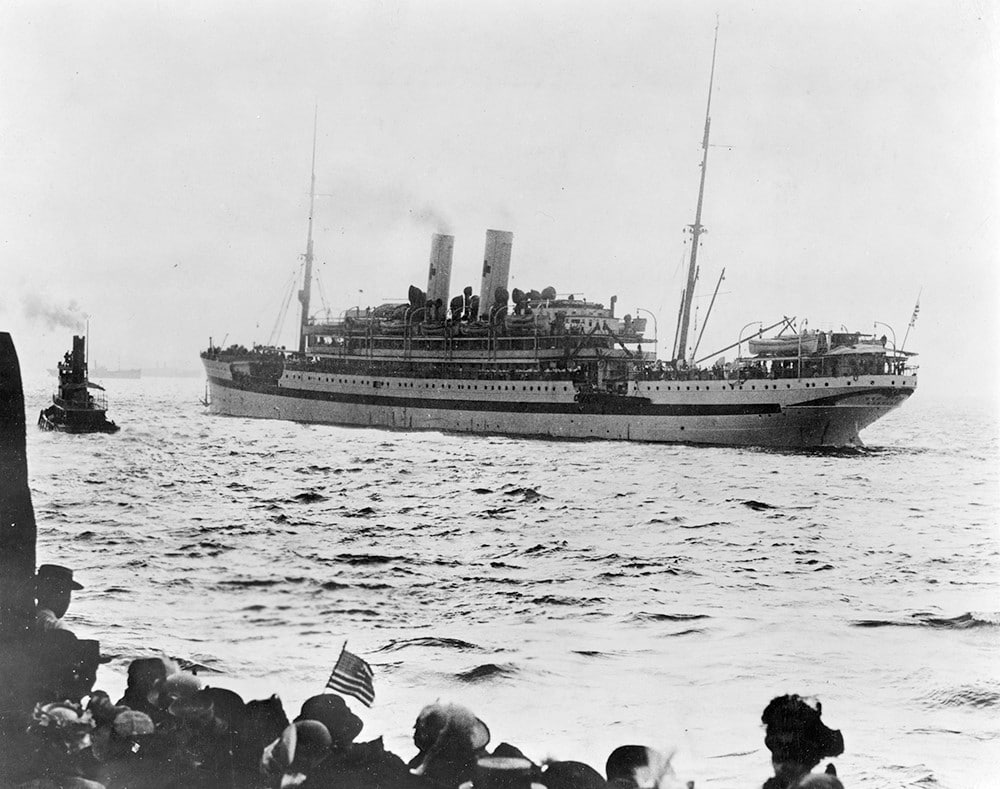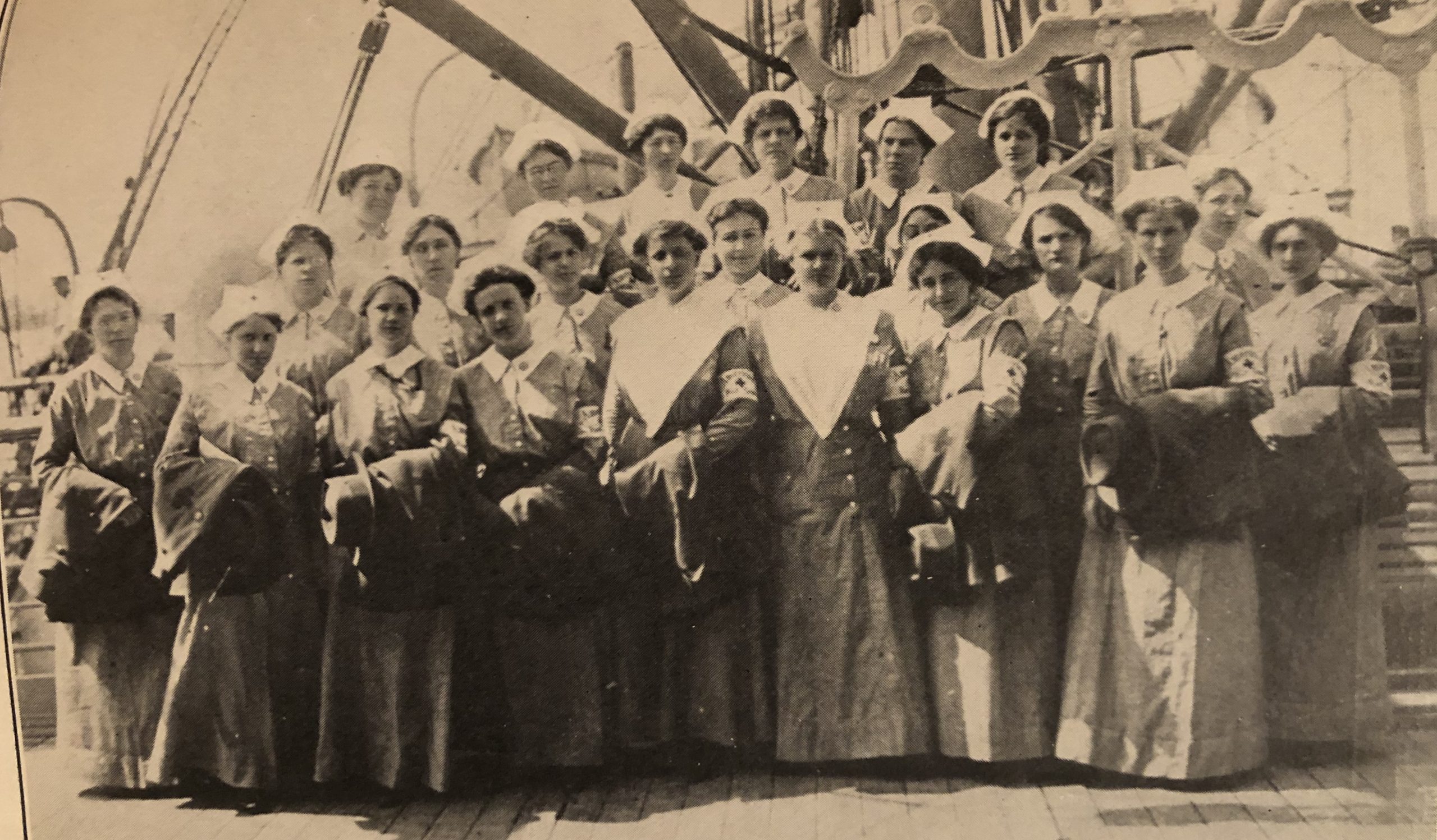Inveniam Viam Avt Faciam, or "I will find a way or make one," is the motto of the school I attended from seventh through twelfth grade. (Holton-Arms, in Bethesda, Maryland). I've always thought it was a pretty a badass motto for an all-girls school. In honor of International Women's Day, I'd like to celebrate two women who came of age before Holton-Arms' founding, but nevertheless perfectly embodied the "find a way or make one" spirit.
In 1888, my great great aunts, Marietta and Lucy Minnigerode, were 19 and 17, respectively. They were from a blue-blooded, land-poor southern family (emphasis on
poor). Their father had just died from suicide. They had six younger siblings, and their mother was expecting a seventh.
It was time to find a way to make
money, and fast. Marietta (whom everyone called "May") talked her way into the Corcoran School of Art and eventually became an assistant instructor. She taught private classes and took commissions. She finagled a gig ghost writing columns about Washington society for a Chicago newspaper. She took some liberties with the truth, but readers in Chicago were none the wiser.
I did this work in my comings and goings, on trains and in street cars. I hitched people together who never heard of each other, because somehow they seemed to fit, swapped experiences around and lied like a trooper, made little pencil sketches of types I met and faked a story to match the face... It took no time and was great fun.
May's hard work helped keep the wolf from the door, but she was keenly aware of the inequities women faced in the work world, and she later became a supporter of women's suffrage. Her efforts included drawing this cover for the April 14, 1914 issue of
The Suffragist:
May's efforts did NOT sit well with everyone in the family. Her cousin, Mary Lee, confronted her at a luncheon. "I understand you're an active suffragette. What would your father think of that?" Without blinking an eye, Marietta retorted...
My father must know I did a man's work, providing for his large family after he was gone. Perhaps he would approve of my having a man's opportunity and recognition.
GO AUNT MAY!! The late Katherine Graham, publisher of the
Washington Post, said of my Aunt May that she "was more of a feminist for her time than I was for my own."
Lucy Minnigerode found work as a governess, and eventually studied nursing at Bellevue Hospital in New York. Remember that mercy ship in New York last year? When World War I broke out, Lucy Minnigerode was among the first Red Cross nurses to volunteer overseas. She sailed on one of the original mercy ships.
Lucy Minnigerode: front row, fifth from the right
She spent almost a year in Kiev at the Red Cross Hospital. When America entered the war, her doctors said she could not go, because of her health. She was indignant. "Suppose I do die?" she said to her doctors. "That's nothing. People worth more to the country than I am are being killed every hour. I want to go!" They overruled her, and she was so devastated, she could never speak about it again. Lucy later become chief of the nursing services of the US Public Health Department and won the Florence Nightingale award in 1925.
On International Women's Day, let's raise a glass to the Mays and Lucys of history, who found a way or made one.








